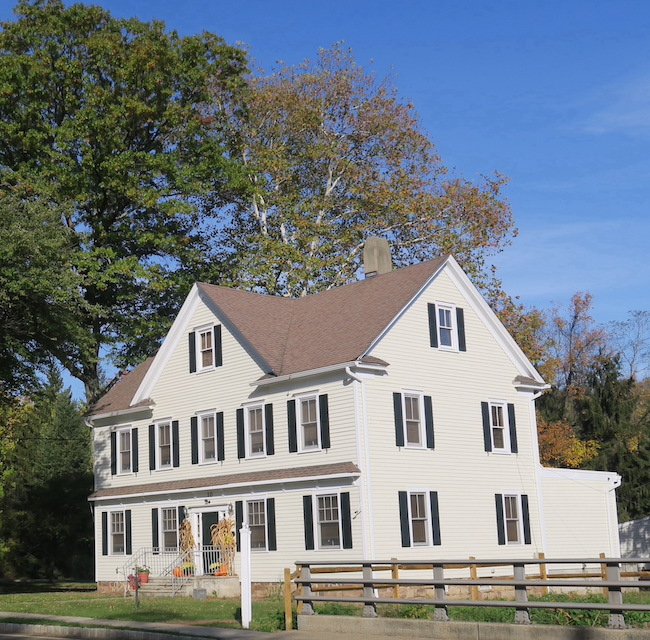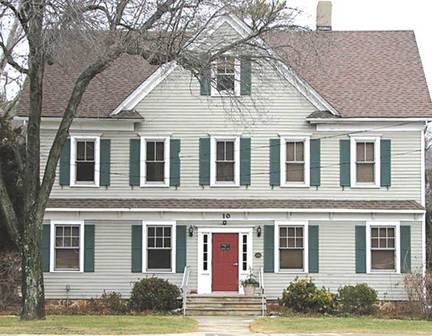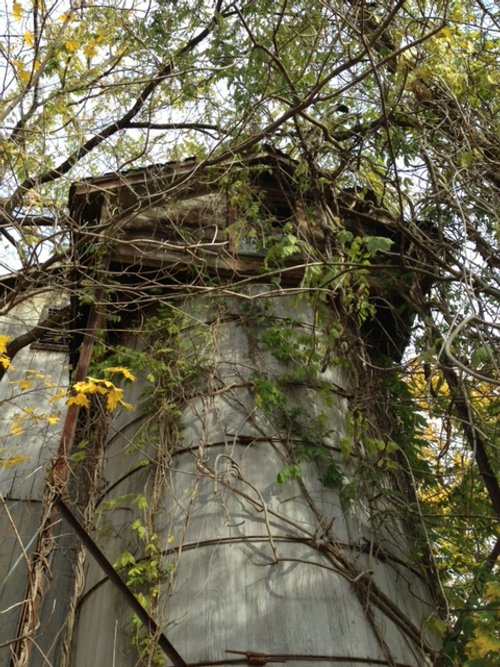Mack Ness and the Ness Farm Property
13 minute video: “The story of Mack Ness” on the website of the Mack Ness Fund
A poor farmer's $15 million gift
Mack Ness posthumous donation helps make Negev bloom.
New Jersey farmer gives gift to Arad
A New Jersey bachelor farmer, who lived simply and made a fortune in bonds, made a bequest to a New Jersey Federation; much of that money will be spent in Arad.
By GREER FAY CASHMAN. JANUARY 17, 2008
Mack Ness, a Jewish farmer and recluse, who lived his life in deprived circumstances in Watchung, New Jersey, willed a fortune to Israel when he died in January 2004. As a result, Ness is helping to make the Negev bloom posthumously. In his 90s when he died, Ness never married or had children and had no connection to the local Jewish community until a short time before his death.
A non-Jewish attorney took care of his affairs, and never took a cent for his trouble. The lawyer had lived on the Ness farm as a student, but ran out of money and couldn't pay the rent. He was about to leave when Ness offered him a deal that lasted for well over half a century. He told the young man that he could stay on the farm free of charge and continue with his studies, but that after he became a lawyer, he would have to give his services to Ness free of charge.
Ness grew vegetables, and as far as anyone was aware, they were his only source of income. He didn't trust banks, but he did have an account with Fidelity Investments. When he felt that he didn't have long to live, he asked Fidelity how much it would charge to transfer the funds to Israel. When it said 6 percent, he decided that this was too expensive, and looked in the telephone directory for a Jewish organization. He happened to pick the Jewish Federation of Central New Jersey, and when he heard that it would charge only 1% for the transfer, he immediately agreed. The Federation offered him the services of its accountant, but when he heard that the accountant lived in New York, he declined because he wasn't about to waste money on a long distance call. Instead he visited the Jewish Federation's office, its director, Stanley Stone, said Wednesday. Stone is currently visiting Jerusalem as part of a Federation delegation.
When Ness entered the reception area, recalled Stone, his secretary called him and said a homeless man had just entered the office. Ness left more than $15 million to the Federation, with two provisions - that the money go to Israel and that a memorial be established for himself, his mother, Ann, and his brother Sanford. The upshot is the Ness Loan Fund for the Negev, which in Hebrew is called Keren Ness, which translates back into English as the Miracle Cornucopia. And indeed that's what it is.
According to the fund's chairman, Gerald Flanzbaum, who lives with his wife, Marilyn, in Giv'at Olga, more than 85 business loans have been disbursed, mostly to people who were unable to get loans from a bank. The Flanzbaums travel to Beersheba every month to meet loan applicants. Some of the ventures have been so successful that they are repaying the loans ahead of time. The Jewish Federation of Central New Jersey delegation met with President Shimon Peres at Beit Hanassi on Wednesday.
The president was anxious that the Ness Fund direct more of its efforts toward Arad, which he said needed a boost. The Federation already has two projects in Arad, but its representatives expressed a willingness to undertake more. Explaining that next year Israel will inaugurate a new airport in the South, Peres said that it was important for Arad to be made attractive so that the people working at the airport would want to build their homes and raise their families there. Peres, who visited Yokne'am in the Galilee earlier this week, cited it as an example of what Arad could become. For years Yokne'am was forgotten, he said. Today it is a vibrant science and technology center with exports of hi-tech and medical equipment in excess of $3 billion. Peres said he learned during the visit that 40% of the world's new medical equipment, "especially in the domain of cancer," originates in Israel. Today, he said, Yokne'am has become an attractive place to live. Coming back to the subject of Arad, Peres said that it was ideally situated between Ben-Gurion University of the Negev in Beersheba and the new airport. A key attraction that Arad will have to offer in the future, said Peres, was that it will house the National Archives. The project for re-housing the archives in a proper environment should be completed by 2013. With Ness's improbable posthumous help, that environment could yet improve further.















